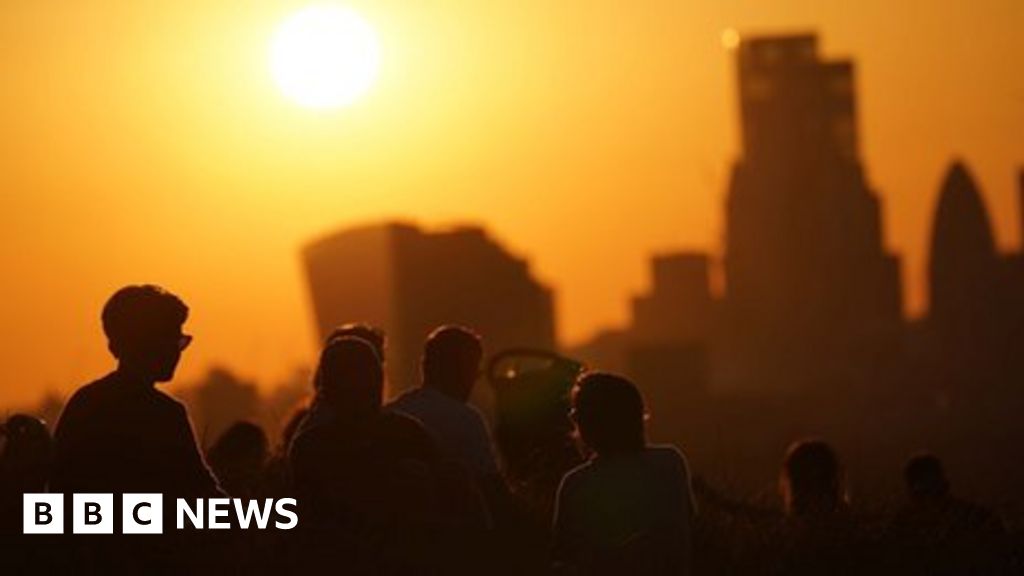
Resolves NO if humanity is still around in 2100. If we are not still around, then the resolution is up to whatever intelligent non-human beings, if any, exist in our wake. Hopefully, they will resolve it correctly based on whether or not it was the effects of climate change that did us in.
People are also trading
@evergreenemily The article considers knock-on effects from climate change (nuclear war/containment of pathogens), which I am guessing is separate from the market creator's intent of the market given the creator has separate markets for those. I am binning climate-change attributable deaths to mainly direct impacts of human mortality (fatal weather events attributable to climate change) and food scarcity (agricultural losses and food stock losses on land and in sea, attributable to climate change, leading to deaths from famine).
To wipe out all of humanity this century seems difficult considering the number of millionaires and billionaires who have built 'escape hatches' where they could theoretically survive out the century with their families. As for indigenous tribes in remote places, I could speculate under a doomsday scenario any remaining humans could come into conflict with them, and eventually lead to them wiping each other out, but to do this for all indigenous tribes seems very unlikely, especially due solely due to climate change.
Longer term climate-change (farther out than 2100) seems more perilous for humanity (not peer-reviewed yet, afaik) : https://arxiv.org/abs/2212.04474
I think you should create a market for something along the lines of 'a decline in biodiversity' wipes out humanity by 2100 (this would include agro-biodiversity as well) as there are various planetary boundaries in this regime that are somewhat independent of climate change. I would bet on that more than nuclear war.

